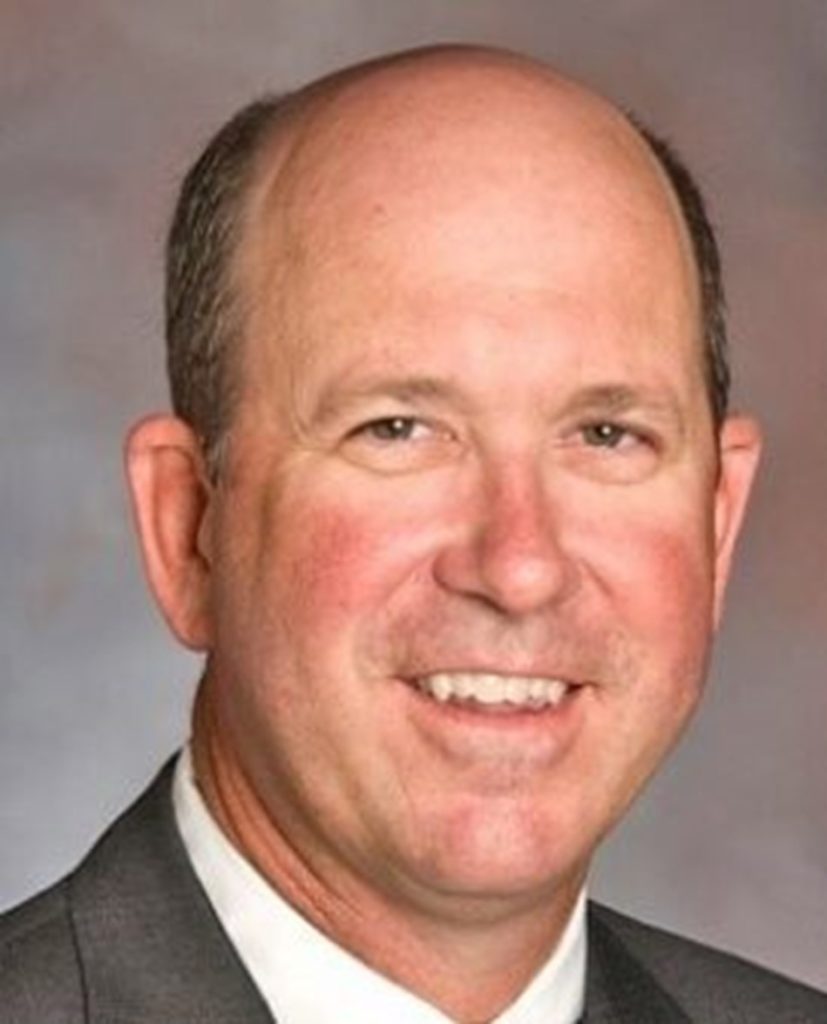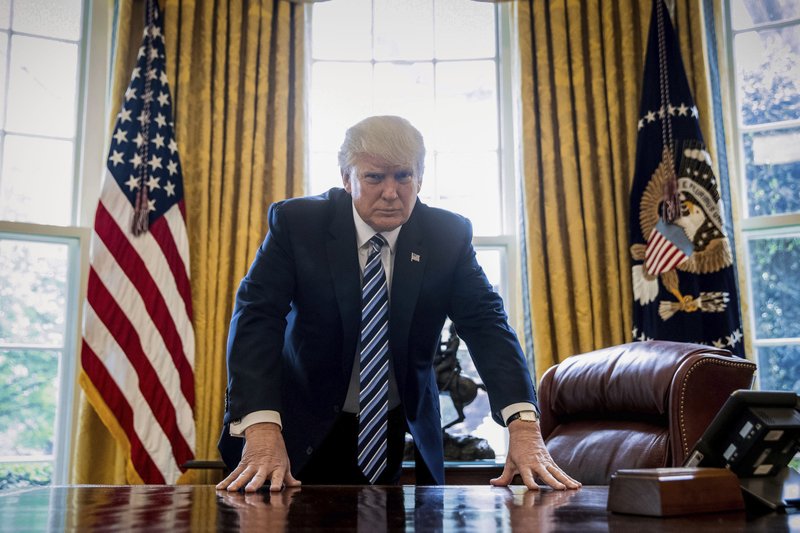Regions bank CEO John Turner only AL based CEO of “Diversity and Inclusion” program with mandated unconscious bias training

Regions Bank, locally headquartered in Alabama, joins the increasing efforts of banks across the nation to incorporate greater diversity and inclusion measures within the workplace. Taleisha (Nikki) Ming-White, the organizational and leadership development administrator for Regions Bank’s Learning and Development team, has led many social justice efforts. In October of 2020, she joined a diversity and inclusion fellowship hosted by CEO Action for Diversity & Inclusion, or CEO Action. Established in 2017, CEO Action consists of 1,300-plus CEOs campaigning to advance diversity and inclusion in the workplace. Beginning in October 2020, the group launched a fellowship program, attracting individuals from a plethora of industries and fields to craft policy designed to combat racism and achieve greater levels of social justice. Based on Regions Bank’s newfound membership of the CEO Action coalition, the bank was selected to participate in the newfound fellowship program. Notably, Ming-White was also afforded the opportunity to represent Regions for a maximum of two years with the CEO Action for Racial Equity fellowship program. Within the past several years, Ming-White has made it a goal to incorporate diversity measures by creating diversity and inclusion training materials, collaborating with colleagues in Human Resources to incorporate diversity measures in the hiring process, and streamlining the bank’s diversity tracking and reporting system. She also currently serves as co-chair for the Junior League of Birmingham’s Diversity, Equity, and Inclusion Taskforce. John M. Turner, Jr., CEO of Regions Bank, additionally made a point to sign the CEO Action’s official CEO Pledge, which vows to increase the equity of all, namely Blacks, Latinos, Asians, Native Americans, LGBTQ, disabled, veterans, and women. The pledge, which 2,000 CEOs have already supported, commences in an apologetic claim that business leaders just aren’t doing enough. It then delves into 4 separate commitments, with one of them advocating for an expansion of re-education policies to guarantee free “unconscious bias education modules.” The pledge concludes by voicing the need for greater enforcement mechanisms for the group’s agenda as it states, “We also pledge to create accountability systems within our companies to track our own progress and to share regular updates with each other in order to catalog effective programs and measurement practices.” The CEO Action for Diversity & Inclusion’s website states, “Simply put, organizations with diverse teams perform better.”
Asked to serve, some CEOs say no more to Donald Trump

First it was the leader of a major U.S. pharmaceutical, then the CEO of an athletic gear company, and before the day had ended, the chief executive of a $170 billion tech giant. Three of the nation’s top executives resigned from a federal panel created years ago to advise the U.S. president. Now, others are pushing for more executives to refuse to serve President Donald Trump after what many believe to be an inadequate response to a rally of white supremacists in Charlottesville, Virginia, that left one dead and dozens injured. Announcing his resignation Monday, Merck CEO Kenneth Frazier cited the president’s failure to explicitly rebuke the white nationalists. He wrote on Twitter that “America’s leaders must honor our fundamental values by clearly rejecting expressions of hatred, bigotry and group supremacy, which runs counter to the American ideal that all people are created equal.” The response from the president was swift, throwing a jab at Frazier, a highly respected executive and one of only four African Americans to head a Fortune 500 company, according to the Executive Leadership Council. Trump tweeted that at least Frazier will now “have more time to LOWER RIPOFF DRUG PRICES!” The response, and the speed in which it arrived, caught many off guard. William Galston, a senior fellow at the Brookings Institution, said he couldn’t “think of a parallel example” of any president responding as viciously as Trump to a CEO departing an advisory council. “Usually, certain niceties are observed to smooth over a rupture,” said Galston, who served as a domestic policy aide in the Clinton administration. Within hours, Under Armour CEO Kevin Plank, who has felt some blowback for his support of the president, resigned from the same panel, saying his company “engages in innovation and sports, not politics.” Plank did not specifically mention Trump or Charlottesville, but said his company will focus on promoting “unity, diversity and inclusion” through sports. But Intel CEO Brian Krzanich was more specific when he resigned a short time later, writing that while he had urged leaders to condemn “white supremacists and their ilk,” many in Washington “seem more concerned with attacking anyone who disagrees with them.” The president followed up later in the day, tweeting that Merck “is a leader in higher & higher drug prices while at the same time taking jobs out of the U.S. Bring jobs back & LOWER PRICES!” Drugmakers have come under withering criticism for soaring prices in the U.S., including by Trump, though he has yet to act on a promise to contain them. The exchange lit up social media, with many people lauding Frazier and blasting the president. There was also a push online seeking more resignations from the remaining executives on the same panel, just over 20 of them. Trump eventually made a statement condemning bigotry Monday afternoon at a press conference, but already, other executives came to Frazier’s support. Unilever CEO Paul Polman wrote on Twitter, “Thanks @Merck Ken Frazier for strong leadership to stand up for the moral values that made this country what it is.” Frazier was not the first executive to resign from advisory councils serving Trump. Tesla CEO Elon Musk resigned from the manufacturing council in June, and two other advisory groups to the president, after the U.S. withdrawal from the Paris climate agreement. Walt Disney Co. Chairman and CEO Bob Iger resigned for the same reason from the President’s Strategic and Policy Forum, which Trump established to advise him on how government policy impacts economic growth and job creation. The manufacturing jobs council had 28 members initially, but it has shrunk since it was formed earlier this year as executives retire, are replaced, or, as with Frazier, Musk, Plank and Krzanich, resign. “We’ve learned that as president, Mr. Trump is behaving exactly as he did as a candidate,” Galston said. “He knows only one mode: When attacked, hit back harder.” Republished with permission of The Associated Press.


